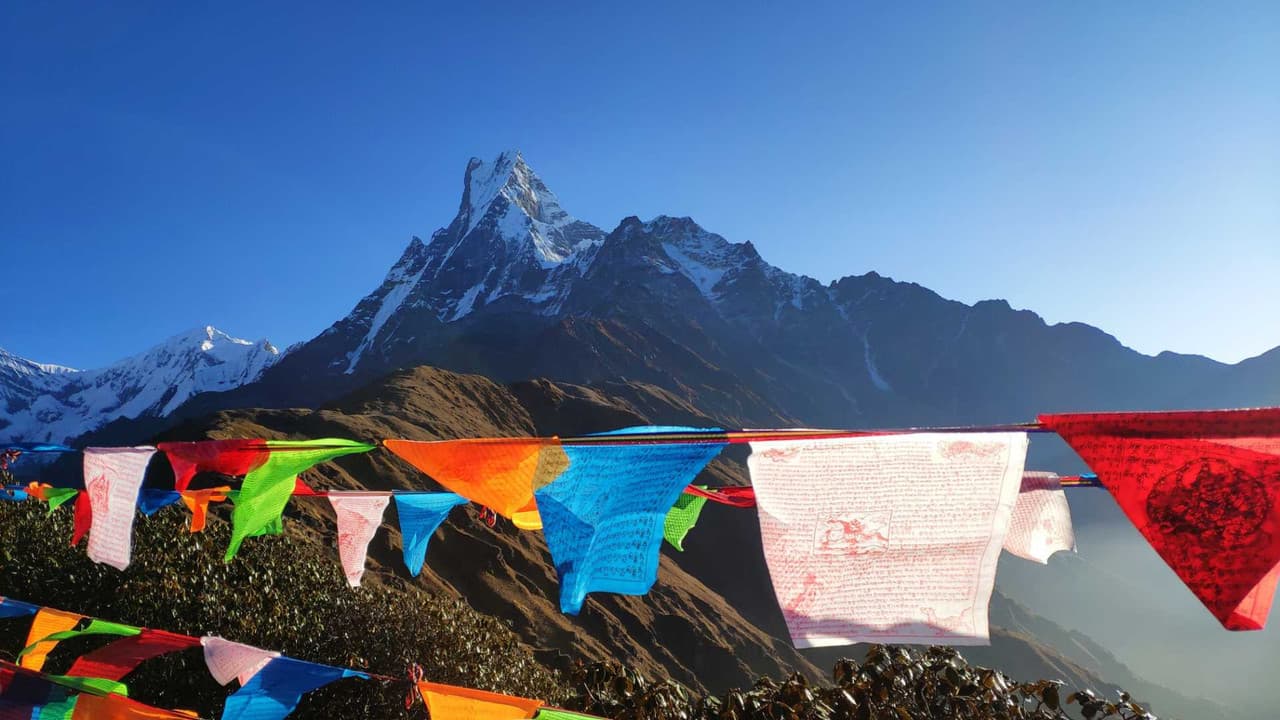Ensuring compliance with local labor laws is crucial when employing individuals in Nepal. Understanding the various types of leave and holiday entitlements is a fundamental aspect of managing a workforce effectively and legally. Nepal's labor legislation outlines specific requirements for employee time off, covering everything from annual vacation and public holidays to sick leave and parental leave.
Navigating these regulations can be complex, especially for foreign companies. Employers must be aware of the minimum entitlements and how they apply to their employees to ensure fair treatment and adherence to the law. The following sections detail the standard leave policies and public holidays applicable in Nepal.
Annual Vacation Leave
Employees in Nepal are entitled to a minimum amount of annual leave, often referred to as earned leave or home leave. This leave accrues over time and can be taken for rest and personal purposes.
- Entitlement: Employees are typically entitled to 21 days of annual leave per year.
- Accrual: Leave usually accrues proportionally based on the period of service.
- Usage: Employees can generally accumulate unused leave days up to a certain limit, which may vary based on company policy, though the law provides minimum standards for carry-over.
- Payment: Annual leave days taken are typically paid at the employee's regular rate of pay.
Public Holidays
Nepal observes numerous public holidays throughout the year, reflecting its rich cultural and religious diversity. Employees are generally entitled to paid leave on these designated days. The specific dates for some holidays vary annually as they are based on the lunar calendar.
While the official list for 2025 is published closer to the year, here are some of the major public holidays typically observed:
| Holiday Name | Typical Month/Date (Gregorian) | Notes |
|---|---|---|
| Prithvi Jayanti | January 11 | National Unity Day |
| Martyr's Day | January 30 | Commemorates martyrs |
| Democracy Day | February 19 | Celebrates the advent of democracy |
| Maha Shivaratri | February/March | Hindu festival |
| International Women's Day | March 8 | Observed for women |
| Nepali New Year | April (around 13-15) | Bikram Sambat New Year |
| Labour Day | May 1 | International Workers' Day |
| Buddha Jayanti | May | Birth anniversary of Lord Buddha |
| Republic Day | May 28 | Commemorates declaration of Republic |
| Dashain | September/October | Major Hindu festival (multiple days) |
| Tihar | October/November | Major Hindu festival (multiple days) |
| Constitution Day | September 20 | Commemorates promulgation of constitution |
| Christmas Day | December 25 | Observed by Christian community |
Note: This list is indicative. The exact dates for lunar-based holidays and the full official list for 2025 will be published by the government.
Sick Leave
Employees are entitled to paid sick leave when they are unable to work due to illness or injury.
- Entitlement: Employees are typically entitled to 12 days of sick leave per year.
- Accrual: Sick leave usually accrues from the start of employment.
- Payment: Sick leave days taken are generally paid at the employee's regular rate of pay.
- Medical Certificate: Employers may require a medical certificate from a registered medical practitioner for sick leave, especially for absences exceeding a certain number of consecutive days.
Parental Leave
Nepal's labor law provides for leave entitlements related to childbirth and childcare, including maternity and paternity leave.
Maternity Leave
- Entitlement: Female employees are entitled to 98 days of maternity leave.
- Usage: This leave can typically be taken before and after childbirth.
- Payment: Maternity leave is generally paid leave.
- Frequency: This leave is usually available for up to two deliveries during an employee's service period with the same employer.
Paternity Leave
- Entitlement: Male employees are typically entitled to 15 days of paternity leave.
- Usage: This leave is intended to be taken around the time of the child's birth.
- Payment: Paternity leave is generally paid leave.
Adoption Leave
While specific statutory provisions for adoption leave mirroring maternity/paternity leave may vary, employers often provide leave based on company policy or interpret existing provisions to support adoptive parents.
Other Leave Types
Beyond the primary categories, Nepalese labor law and common practice recognize other types of leave for specific circumstances.
- Bereavement Leave: Employees are typically entitled to a few days of paid leave (e.g., 7 days) in the event of the death of a close family member.
- Study Leave: Depending on the employer and the nature of the study, employees may be granted study leave, which can be paid or unpaid, to pursue further education or training relevant to their work.
- Sabbatical Leave: Sabbatical leave is not a statutory entitlement but may be offered by some employers as a benefit for long-serving employees, typically for extended periods of rest, study, or personal development.
- Special Leave: The law may also provide for special leave for specific circumstances, such as participating in national events or responding to emergencies, though the terms can vary.
Employ top talent in Nepal through our Employer of Record service
Book a call with our EOR experts to learn more about how we can help you in Nepal







Book a call with our EOR experts to learn more about how we can help you in Nepal.
Trusted by more than 1000 companies around the globe



